How you can ditch Facebook, build your own social space, and make better connections online
Building intentional social communities beyond social media platforms
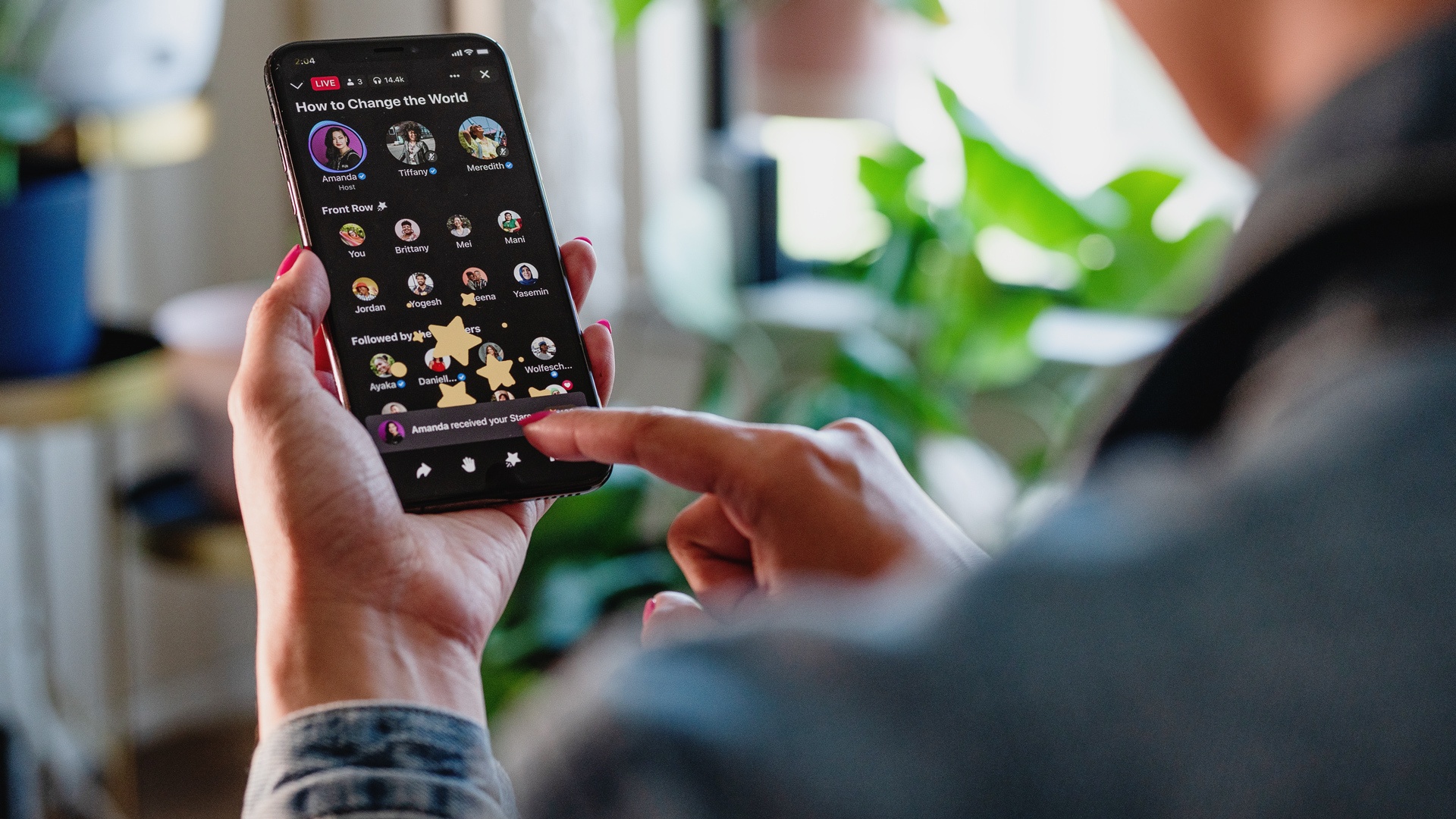
Recent years have seen more and more users question and reject using social media platforms such as Facebook to facilitate a part of their social lives. It’s not hard to understand why. There’s an extensive list of concerns about privacy, data security, and the impact these platforms have had and continue to have on our mental wellbeing. Moments like the Cambridge Analytica scandal showed us in black and white just how little regard these companies have for the data that we submit.
Data is sold to companies and used to achieve improper political ends, and more people are paying closer attention to social platforms’ data practices. Social media platforms have also become petri dishes for mass amounts of quickly-spreading misinformation, and there’s a general sense of disillusionment among many users.
Despite these platforms falling out of favor somewhat, I think many users still crave social connection and would want to make use of digital platforms and tools for this reason. Many of us would like some way to manage our social lives digitally, stay connected with an extended network of friends, family, and acquaintances, and keep track of dates, times, and details related to this part of our lives. There was a point when I and many of my friends would use Facebook features, like Events, along with Facebook Messenger and, of course, our Facebook feeds to do this. Many of us would still like a way to engage socially online and use digital tools to help us socialize.
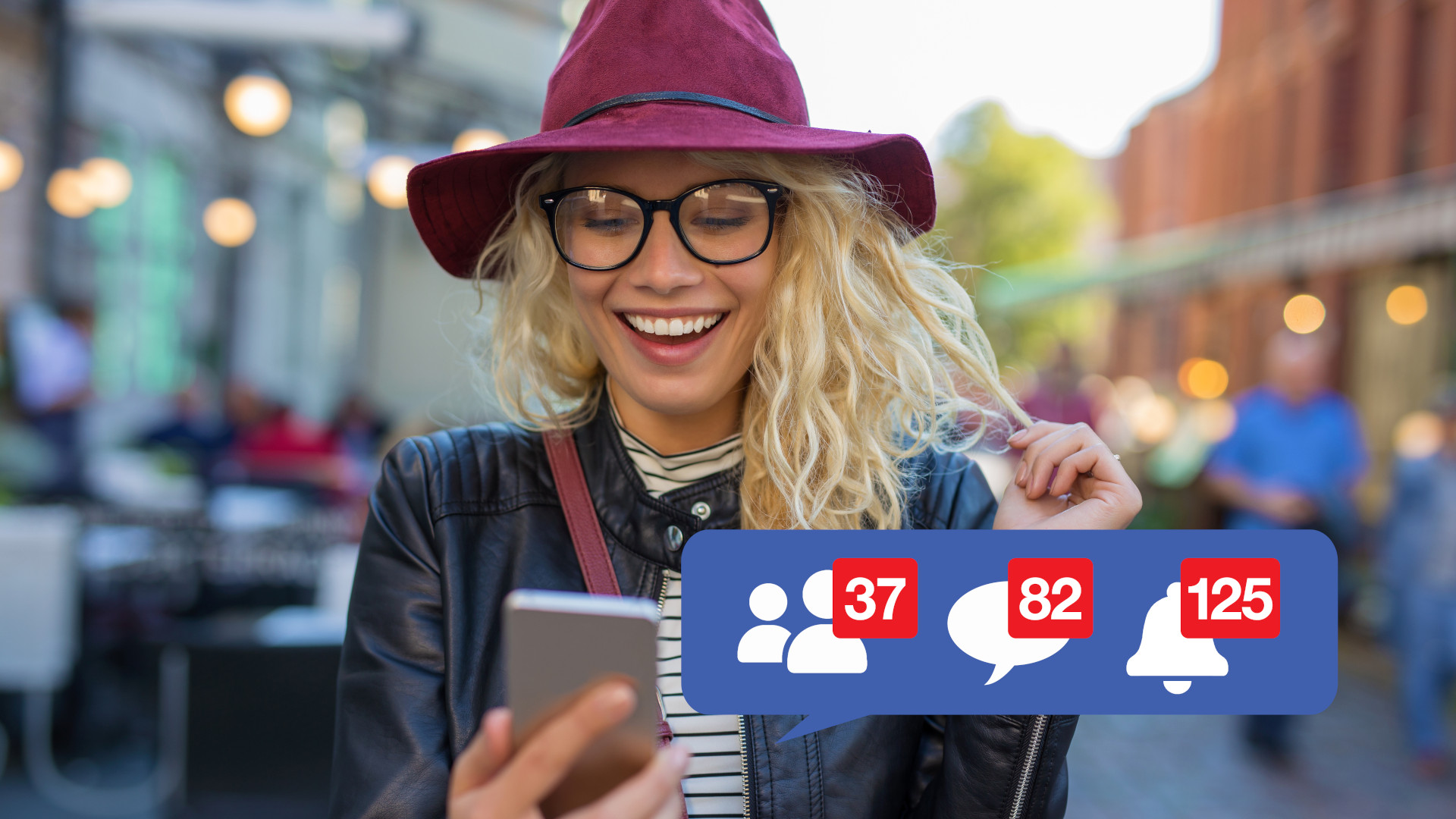
Where to start with your own digital social bubble
Some users have taken to looking at alternative social media platforms or looking at a different type of digital social product like Discord or Slack, among other niche social platforms. Apps and sites like this have a whole host of options, put a seemingly higher emphasis on privacy, allow for greater user control, and allow for a lot of tailoring of the user experience. This can let users have more intentional and private digital social spaces, having more peace of mind about their details while still being able to share experiences, plan events, and have conversations. You now have more options when it comes to curating the type of digital social experience you’d like to have.
To illustrate how you can build your own digital social environment that allows you to do all kinds of tasks and activities, I will go through some of the platforms, apps, features, and more available. Social media did open up a new dimension of our social lives and changed our social experiences society-wide, and if you feel like you’d like to do that more mindfully and have more control over how you do that, you’re not alone.
An introduction to online collaborative tools
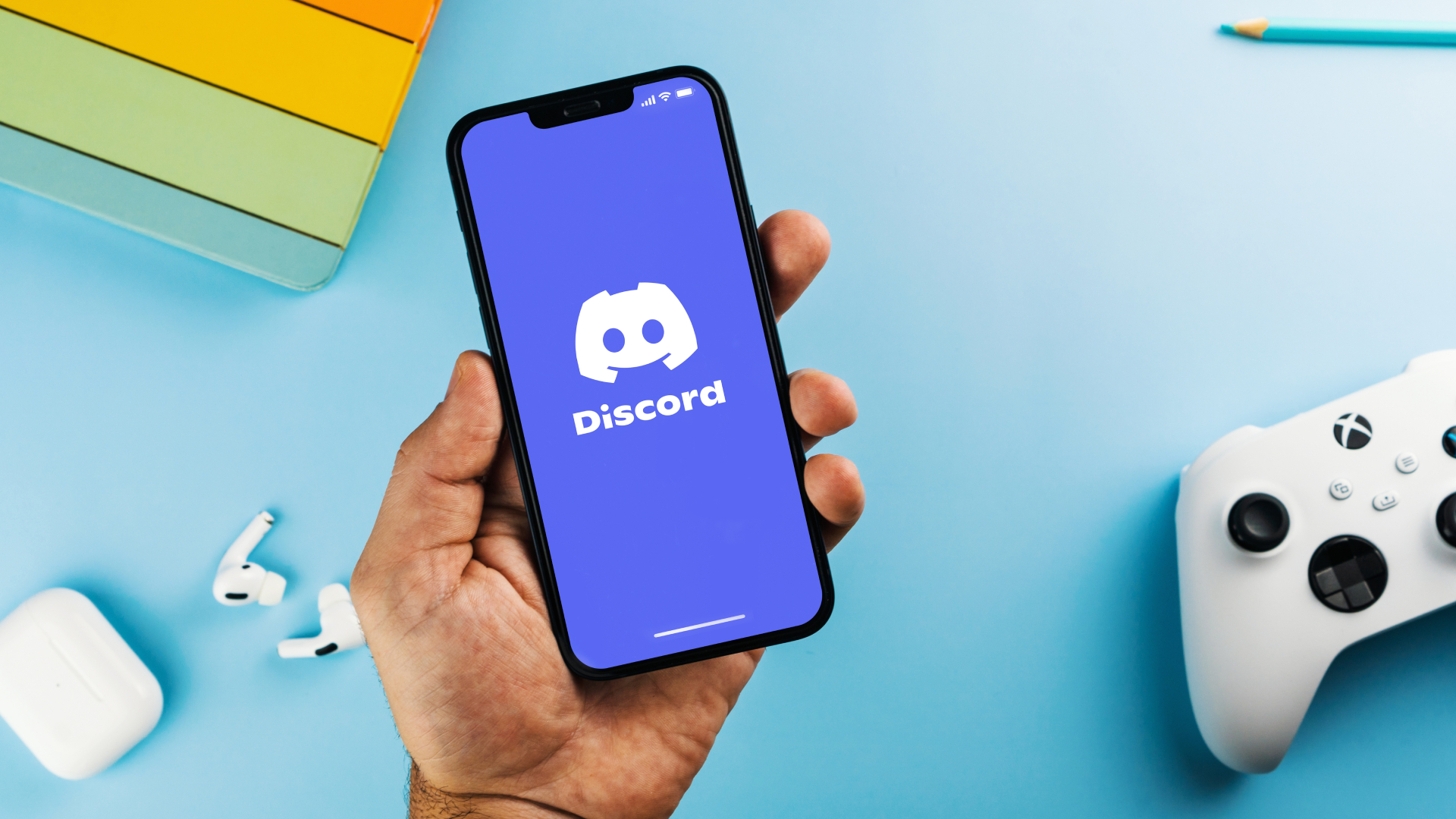
So how can you build your own digital bubble like this? Mind you, I would recommend this if the following are true:
If you know who you’d like to connect in this type of way and who might be willing to learn an app or tool that might be new to them.
Get daily insight, inspiration and deals in your inbox
Sign up for breaking news, reviews, opinion, top tech deals, and more.
First, you want to pick a communication and collaboration platform, and I would recommend Discord or Slack. These programs allow you to have multiple chat channels where you have a whole range of options and preferences, the ability to have dedicated threads within the channels, and the capability to assign roles to people within the server. Discord also has the ability to make voice channels which support video and voice chatting, sharing media, and participate in shared activities. You can check out our guide on how to get started on Discord. If you choose Slack, you will need to use an app like Google Meet or Microsoft Teams for your video conferencing and chatting needs. Discord and Google Meet have lots of support for interactivity within meetings if you want to carry out activities with your social group virtually.
You can also use something like Microsoft Teams or Google Meet as your actual collaborative platform, but their interfaces are slightly more formal and slightly less customizable. You can check out TechRadar Pro’s longer list with descriptions of online collaboration tools if you want to peruse more recommendations.
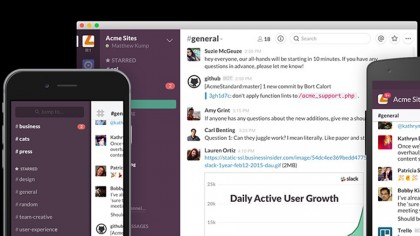
If you haven’t tried Discord or Slack yet, it can seem daunting at first. However, with a little persistence and elbow grease, they can become very useful and they offer a distinctive social experience that differs to social media platforms or email. I would recommend having someone who is already familiar show you the ropes or watching a video to learn how to navigate these.
One person will have to initiate your social community by either creating a server in Discord or workspace in Slack. You will then be able to share a link to be able to have users join and have access to the information in the group. Slack preserves messages for three months on a free plan, so that’s something to consider.
To do this or join an existing group, you’ll need to make a Discord or Slack account respectively if you don’t already have and you might want to associate it with the email address you intend to use for such social circles (you’ll probably need it for a Google Calendar or other Workspace app, for Microsoft Outlook, or another such app).
Both Discord and Slack are available on devices running Windows and macOS (like desktops and laptops), and on Android and iOS (for mobile devices). This means once it’s set up and you log in, you can access this specific social space on multiple devices.
Integrating shared calendars and cloud storage
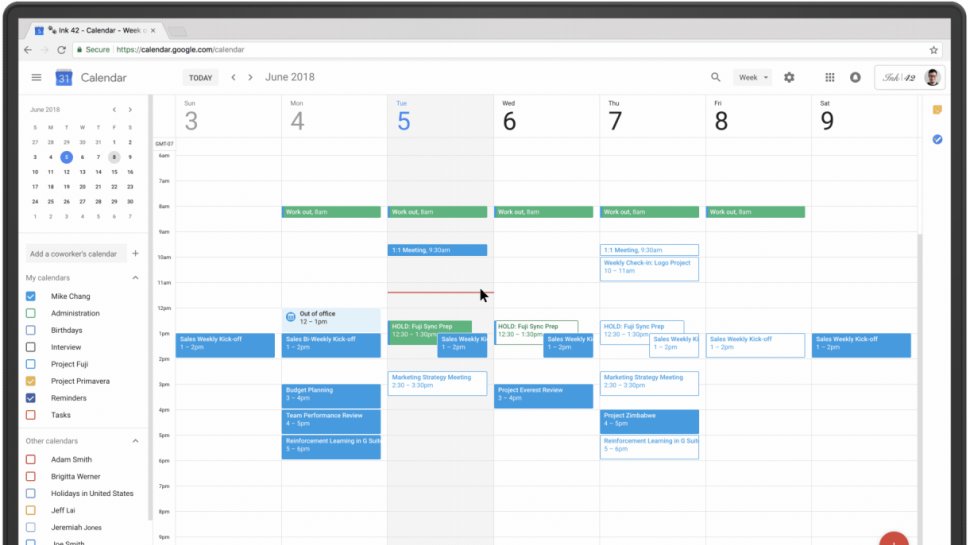
Next, I would advise you to pick a calendar app to be able to create a shared calendar system for the group of people you’ve brought together with your collaboration platform above. My top picks for this would be Google Calendar or Microsoft Outlook’s calendar. Many people are already familiar with one or the other, or both, but if not, let yourself take the time to get used to it. It can be confusing to figure out how to create and configure events and schedule-related details (like repeating events and reminders), so I would recommend even just familiarizing yourself by making a dummy event.
Like for Discord and Slack, you’ll need a Google or Microsoft account. You’ll then be able to share and access the calendar of your choice, and access it if you’re looking to join an existing one. You can schedule events and add event details by putting them into the shared calendar, send out invitations, and manage RSVPs - they should show up for all participants that have been added to the calendar.
You can also use OneDrive and Google Drive to store and share all sorts of files - documents (such as collaborative planning documents), pictures, and other event-related files, and you can organise these files into dedicated folders in these storage platforms. You may need to grant access to all those who are added to the central calendar and storage drive if you’re the person who initiated it. You should be able to access both OneDrive and Google Drive in-browser and on desktop for Apple devices, Windows devices, Android devices, and more.
Then you can look at integrating your calendar (and storage if you choose to also use this) app into your collaboration app or how to use them alongside one another. Slack actually comes out on top in this respect as it has really well-built integration for Google Calendar, Google Docs, and more. Discord is lagging behind Slack in this respect, with it having an app you can add to the Discord app in its own application directory.
To not confuse you too much, so far, we have four core programs that I’m using to illustrate this process: Discord and Slack as two examples of apps where you share and communicate with your group, and Microsoft OneDrive and Google Calendar as examples of apps to create shared calendars. Discord and Slack then both have app collections, Discord App Directory and Slack App Directory respectively, where you can add features and mini-apps into Discord and Slack. This is how you add and sync a Google Calendar to Discord, with the help of a Discord app called ChronicleBot.
You can also make a specific channel where you can share links, files, photos, information, and more to keep your social space organized. If you want to really lean into Discord or Slack, you can set up notifications to remind members about upcoming events and even enlist all kinds of bots to customise your community. You can conduct polls on both platforms and pin important posts so that they are easily located by members. This type of platform has something of a sandbox element, and the experience is yours to shape with features like making dedicated channels as you need them and adding apps to sync with other programs.
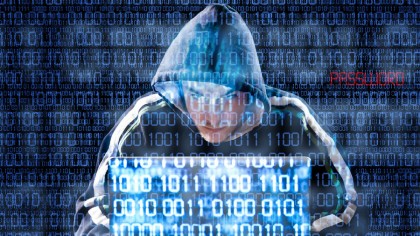
Prioritizing privacy and security
These platforms have an intense emphasis on privacy. Your group will stay private if (you can open it up to be visible to the public if you’d like to in Discord) and otherwise potential members will have to have a specific invite link to even be able to join. There are also additional security features to make sure unwanted guests don’t join.
This is something I would recommend for a group of people who still want to stay in touch digitally and online, but want more control and privacy over their information. There is some effort involved and your participants have to be willing (at least legally speaking), and this sort of project is most ideal for those who are open to learning apps and willing to build a community in this way.
Listen, I understand that if you haven’t come across some or any of these apps or services - this is a lot of information at once. The good news is that you would only have to set this up once and then you can develop it as you like as time goes on. When you combine these platforms, you can create a customized and private social space for your friends and family offering much of what a feature like Facebook Events can - with elevated privacy and security.
Kristina is a UK-based Computing Writer, and is interested in all things computing, software, tech, mathematics and science. Previously, she has written articles about popular culture, economics, and miscellaneous other topics.
She has a personal interest in the history of mathematics, science, and technology; in particular, she closely follows AI and philosophically-motivated discussions.